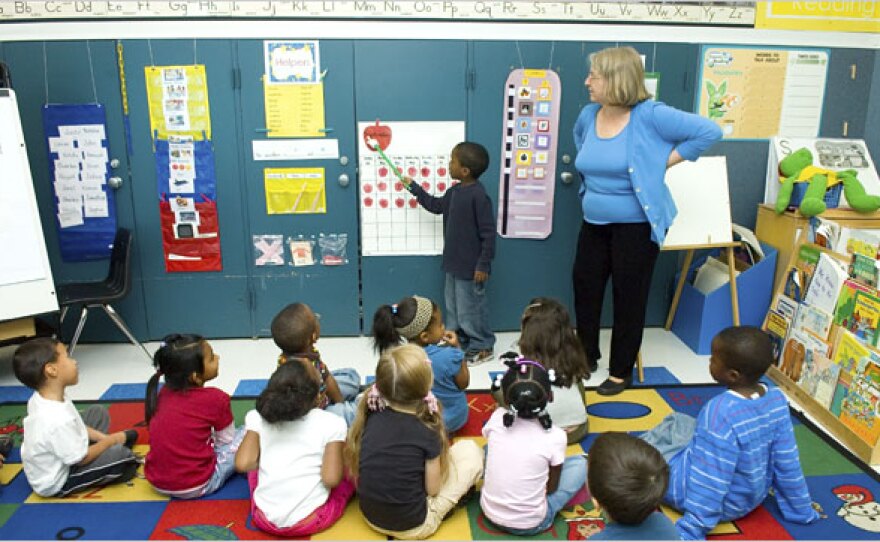Education is a fundamental aspect of human development, shaping individuals’ knowledge, skills, and character. It plays a pivotal role in society, providing individuals with the necessary tools and opportunities for personal and professional growth. While school is often considered synonymous with education, there are significant differences between the two. In this article, we will explore the distinctions between school and education, highlighting their unique characteristics and impact on individuals.
Introduction
Education is a lifelong process that encompasses learning, acquiring knowledge, and developing various competencies. It extends beyond the walls of a school and occurs in multiple contexts, including formal, non-formal, and informal settings. On the other hand, school refers to an institution specifically designed for educational purposes, where students receive formal instruction and engage in structured learning activities.
Definition of School
A school is an organized establishment that provides education to individuals within a particular age group. It typically follows a predefined curriculum, offers a structured learning environment, and employs qualified teachers. Schools vary in their levels, such as preschool, elementary, secondary, and higher education institutions like colleges and universities.
Definition of Education
Education, in a broader sense, encompasses the process of acquiring knowledge, skills, values, and attitudes necessary for personal, social, and intellectual development. It encompasses formal education received in schools as well as informal learning through life experiences, interactions, and self-study. Education focuses on nurturing individuals’ intellectual, emotional, physical, and social growth.
Key Differences
While school and education are interconnected, there are significant differences between them. The key distinctions include:
Role of Schools in Education
Schools serve as formal institutions where education is delivered through a structured curriculum and planned instructional activities. They provide a framework for organizing educational processes, setting learning goals, and assessing students’ progress. Education, on the other hand, is a broader concept that encompasses learning experiences beyond the boundaries of a school.
Focus on Academics vs. Holistic Development
Schools often emphasize academic subjects, aiming to impart knowledge in various disciplines such as mathematics, science, literature, and history. Education, in contrast, focuses not only on academic learning but also on holistic development, including social, emotional, physical, and creative aspects.
Structure and Curriculum
Schools typically follow a specific structure and curriculum mandated by educational authorities. They have defined schedules, subjects, and assessments. Education, on the other hand, can occur through diverse channels and experiences, allowing individuals to pursue their interests and passions outside the confines of a traditional school system.
Teacher-Student Relationship
In schools, teachers play a crucial role in facilitating learning, providing guidance, and evaluating students’ progress. They often adhere to established pedagogical approaches. Education, however, involves various mentors, peers, and resources that contribute to an individual’s learning journey.
Learning Environment
Schools provide a dedicated learning environment, offering classrooms, libraries, laboratories, and other facilities. They create a structured atmosphere conducive to learning. Education, on the other hand, encompasses learning experiences in multiple contexts, including homes, communities, workplaces, and online platforms.
Assessment and Evaluation
Schools employ formal methods of assessing students’ knowledge and skills, such as examinations, quizzes, and assignments. Education involves ongoing assessment and evaluation, both formal and informal, which can include self-reflection, feedback from mentors, and real-world applications of acquired knowledge.
Socialization and Peer Interaction
Schools provide opportunities for socialization and peer interaction, allowing students to develop social skills and build relationships. Education, however, extends beyond the school environment, enabling individuals to engage with a broader range of people and cultures.
Impact on Personal Growth
While schools contribute to personal growth by imparting knowledge and skills, education encompasses a wider scope of personal development, including values, ethics, critical thinking, problem-solving abilities, and adaptability.
Parental Involvement
Schools often encourage parental involvement through parent-teacher associations, meetings, and progress reports. Education involves the active participation of parents and caregivers in nurturing a child’s learning journey, both inside and outside of school.
Cultural and Societal Influences
Schools are influenced by cultural and societal norms, reflecting the values, traditions, and expectations of a particular community or society. Education, on the other hand, can transcend cultural boundaries, allowing individuals to explore diverse perspectives and global knowledge.
Conclusion
In conclusion, while school and education are interconnected, they have distinct characteristics and roles. Schools provide a structured environment for formal education, focusing on academics and imparting knowledge within predefined curricula. Education, on the other hand, extends beyond the boundaries of a school, encompassing lifelong learning experiences, holistic development, and personal growth. Recognizing the differences between school and education is essential for understanding the broader impact of learning on individuals’ lives.



